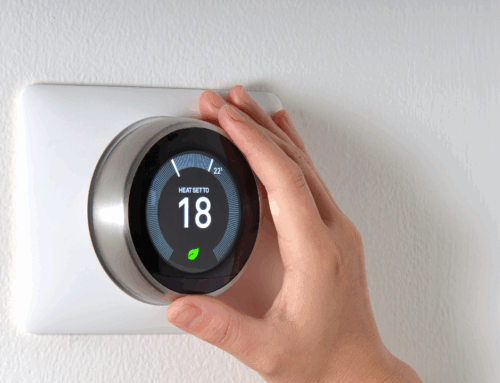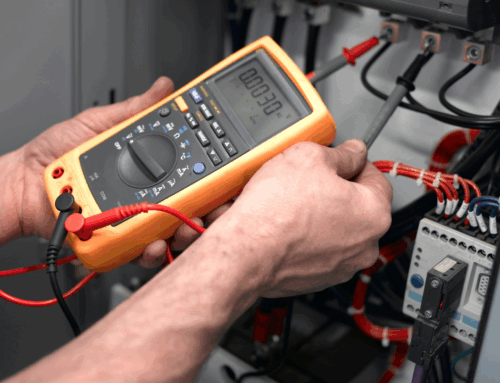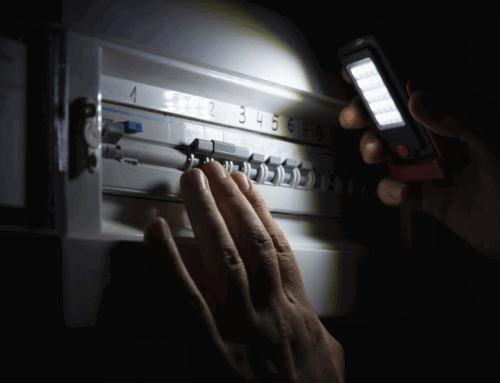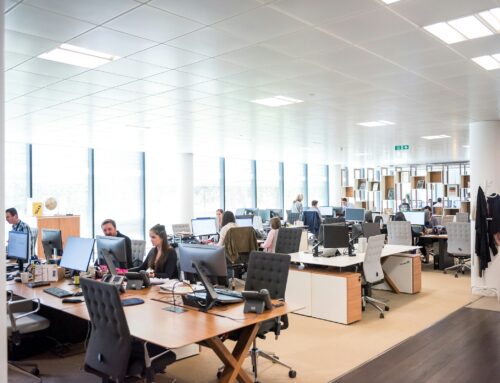As commercial properties age, their electrical systems can become outdated, inefficient, and prone to failure. For businesses operating in older buildings, upgrading electrical systems is essential for improving energy efficiency, reducing costs, and enhancing safety. This article explores why electrical upgrades are crucial for energy efficiency in older buildings and how they can benefit both business owners and tenants.
1. Outdated Systems Lead to Higher Energy Consumption
Older buildings typically have electrical systems that were designed for much lower energy demands than those of modern businesses. These systems are often less efficient and struggle to handle the higher electrical loads associated with newer technology, appliances, and machinery. As a result, businesses in older buildings may experience higher energy bills due to inefficient energy use.
By upgrading the electrical system, you can ensure that it is better suited to handle the electrical demands of modern technology while using energy more efficiently. Electrical upgrades such as replacing old wiring, installing energy-efficient lighting, and updating circuit panels can significantly reduce power consumption, leading to lower utility costs.
2. Improved Safety with Modern Electrical Upgrades
Safety is one of the most important considerations when it comes to electrical systems. Older buildings may have outdated wiring that is more susceptible to faults, overheating, or even electrical fires. Many older electrical systems are also not up to current safety codes, which can create potential hazards for employees, customers, and the property itself.
Electrical upgrades allow businesses to replace outdated wiring with modern, safer alternatives that meet current safety standards. Upgrading circuit breakers, fuses, and grounding systems ensures that the electrical system is more resilient to surges, preventing dangerous situations like electrical fires or system failures.
3. Energy-Efficient Lighting Solutions
One of the simplest yet most effective electrical upgrades for energy efficiency in older buildings is switching to energy-efficient lighting systems. Older buildings often have incandescent or fluorescent lighting that consumes more electricity than necessary. By upgrading to energy-efficient LED lighting, businesses can reduce their lighting energy consumption by up to 75%.
LED lighting also has a longer lifespan than traditional bulbs, meaning fewer replacements and less waste over time. With the added benefit of improved lighting quality, upgrading your building’s lighting can provide both immediate and long-term energy savings.
4. Smart Technology Integration
Another key benefit of electrical upgrades is the ability to integrate smart technology into your building’s electrical system. Smart devices, such as smart thermostats, lighting controls, and energy management systems, help monitor and regulate energy usage in real time. These systems allow for better control over heating, cooling, lighting, and equipment usage, ensuring that energy is only used when necessary.
For instance, smart lighting systems can automatically adjust the lighting based on occupancy or daylight levels, ensuring that energy isn’t wasted in empty rooms or during daylight hours. Similarly, smart thermostats can adjust temperatures based on occupancy patterns, ensuring that HVAC systems are running efficiently and not wasting energy when the building is unoccupied.
5. Reducing Environmental Impact
Upgrading electrical systems in older buildings isn’t just about cutting costs — it’s also about sustainability. By improving energy efficiency, businesses can reduce their carbon footprint and contribute to environmental conservation. Switching to energy-efficient lighting, upgrading to higher-efficiency electrical panels, and integrating renewable energy solutions such as solar panels can help businesses lower their environmental impact.
Many businesses today are looking for ways to become more eco-friendly and meet sustainability goals. Electrical upgrades can play a significant role in achieving these objectives while saving money in the process.
6. Compliance with Modern Building Codes and Regulations
As building codes evolve, businesses are required to comply with updated electrical standards. Older electrical systems may not meet the current codes for energy efficiency, safety, and sustainability. Failure to comply with these regulations can result in penalties, fines, or insurance issues.
Electrical upgrades ensure that your building meets modern codes and regulations, reducing the risk of legal or financial consequences. Compliance also demonstrates a commitment to safety and energy efficiency, which can positively impact your business reputation.
Conclusion
Electrical upgrades are an essential investment for businesses operating in older buildings. These upgrades not only improve energy efficiency but also enhance safety, reduce operational costs, and contribute to sustainability goals. By modernising electrical systems, businesses can better meet the demands of contemporary operations, increase energy savings, and ensure long-term reliability.
If your business is located in an older building, it’s time to consider upgrading your electrical system. The benefits of electrical upgrades extend far beyond immediate savings, offering long-term advantages in terms of safety, efficiency, and environmental responsibility. Working with a qualified commercial electrician can help ensure that your electrical system is upgraded to meet the needs of your business while improving overall energy performance.







Leave A Comment